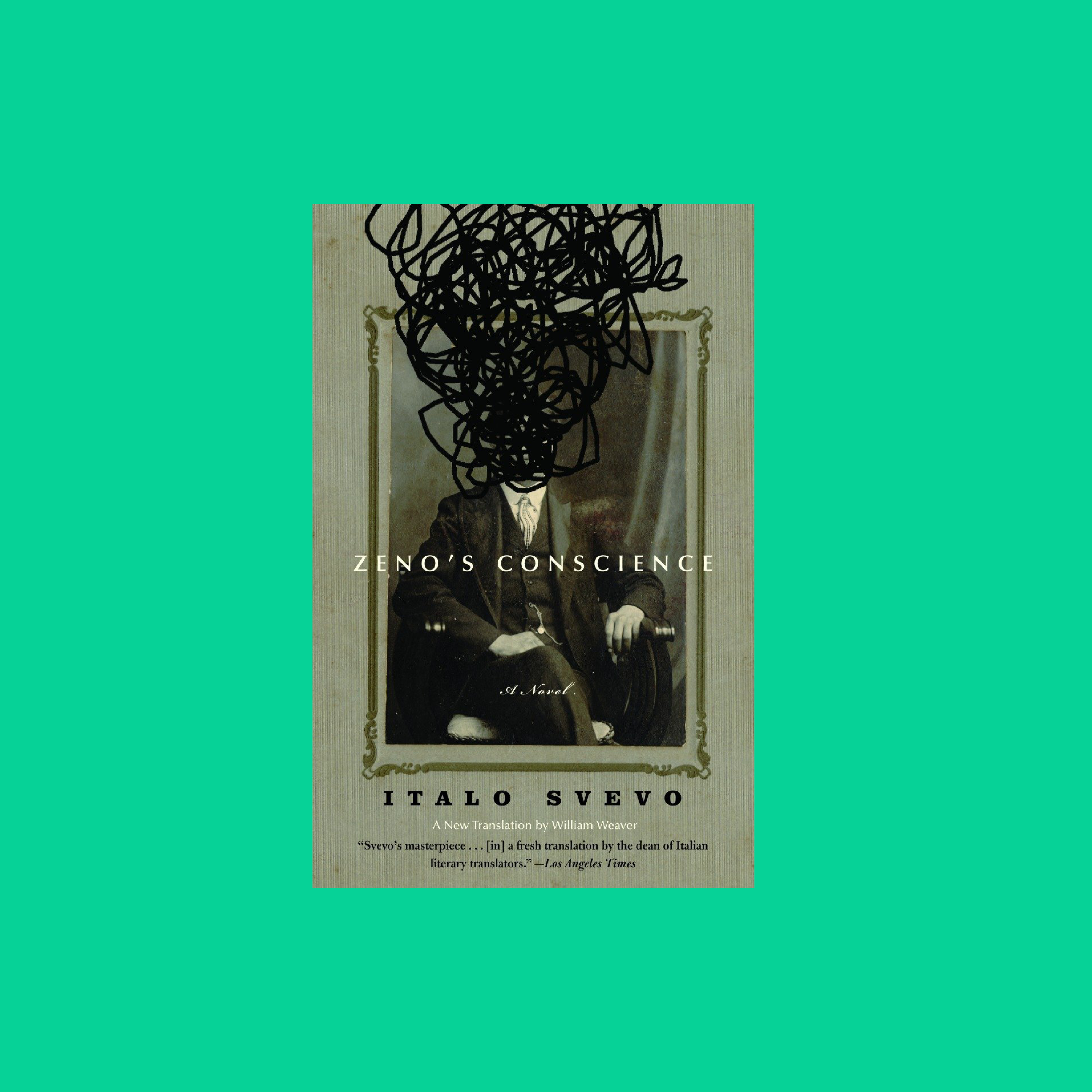APS TOGETHER
Day 1
Zeno’s Conscience by Italo Svevop. 3 (Preface)—p. 20 (“I was too busy missing other things.”)
September 13, 2022 by Claire Messud
As Elizabeth Hardwick points out in her preface, “Everything about Svevo was somehow split in two, his psyche and his very existence.” Born Ettore Schmitz, he took the pen name Italo Svevo—the Italian Swabian, an apt name for a man both Italian and German by heritage, raised in Trieste, a city that belonged, in time, both to Austria and to Italy.
James Joyce, who lived in Trieste for many years, gave English lessons to Ettore Schmitz and his family. They became friends, and Joyce—who used Ettore’s wife Livia’s name in Finnegans Wake—championed the writing of Italo Svevo, bringing him fame late in life.
Zeno Cosini, Svevo's protagonist, takes his name from the philosopher Zeno of Citium (c. 335 BCE–c. 263 BCE), the founder of Stoicism. According to the OED, Stoics believe that "the wise live in harmony with the divine Reason… that governs nature, and are indifferent to the vicissitudes of fortune and to pleasure and pain."
Svevo’s comic novel is, of course, a satire of psychoanalysis, which was all the rage in the 1920s. As Elias Canetti wrote in his memoir of 1920s Vienna, “There was hardly a conversation in which Freud’s name did not pop up.” Everything in Zeno’s world is upside down, including (or especially?) his psychoanalyst: Doctor S., who publishes Zeno’s memoirs “in revenge” for his patient breaking off treatment, hoping that “he is displeased.”
Zeno Cosini’s frankness affords much comic delight, as, too, do his often misguided analyses of his and others’ actions and emotions. But there is also true tenderness, as when he recalls pretending to sleep, as a child, on a sofa next to his mother: “The sweetness that…accompanied repose after great weariness is clear to me, like an image on its own, as clear as if I were there, beside that beloved body that no longer exists.”
Attempting to quit smoking has been, for Zeno, a lifelong endeavor, since the age of twenty: “My days were full of cigarettes and of resolutions to smoke no more; and to make a long story short…my days are the same now.” Perhaps, in part, because “I believe the taste of a cigarette is more intense when it’s your last”!
